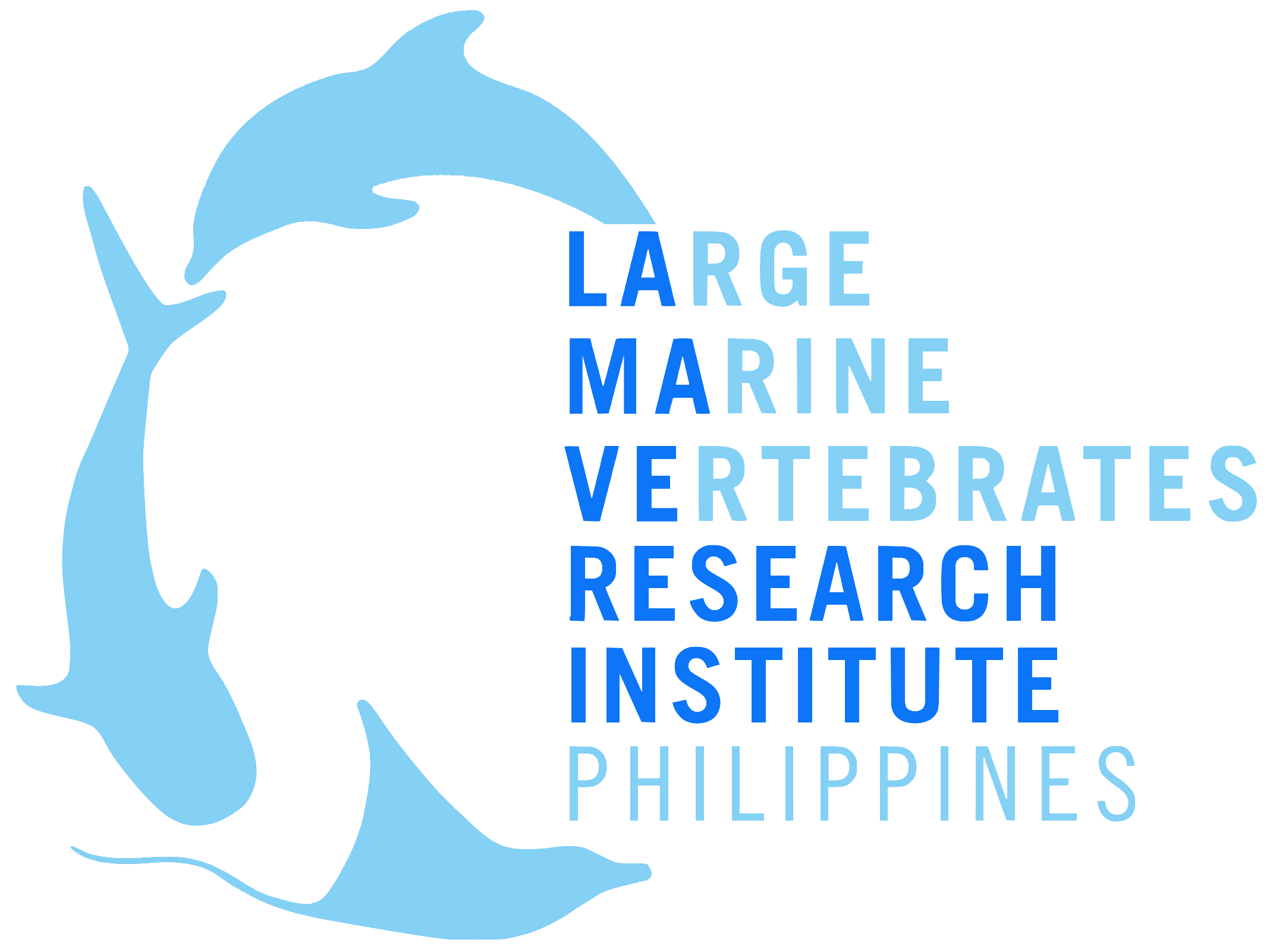Press Release
Research Unites: Taiwan Whale Shark Seen in the Philippines Becomes First International Photographic Match in Asia
6 April 2013 PANON ISLAND, SOUTHERN LEYTE
P-545 known as “Pasipiko” is the first whale shark in Asia to have been identified in 2 different countries. This whale shark was caught in a fishing net in Taiwan in 2012 and successfully released. Less than one year later “Pasipiko” was photographed by the researchers of the Large Marine Vertebrates Research Institute Philippines (LAMAVE) in the waters of Southern Leyte. P545 made a 1600km+ journey between countries. This underlines the importance of scientific research and the need to strengthen international protection for these endangered species.
“Pasipiko” was first identified in Taiwan by Dr Hua Hsun Hsu from the George Chen Shark Research Centre at the National Taiwan Ocean University has been re-sighted by whale shark researchers from LAMAVE, over 1600 km away. It is the first international match between Asian countries using photoIdentification, a technique that enables scientists to identify individual whale sharks by photographing their unique spot pattern. Similar to a human fingerprint the spot pattern of each shark is thought to be unique to every individual and the match highlights the importance of the technique globally as a research tool.
The whale shark first came to Dr Hua Hsun Hsu attention after it became entangled in a Taiwanese fishing net; he identified the individual as a juvenile male whale shark, measuring 5.4m with the top of its tail missing. Before releasing the shark, he and his team attached a small plastic tag with a number panel to the shark’s dorsal fin to aid future identification. The shark was released from the net in DonAu, Yilan on the 31st of May 2012.
Under a year later, on the 6th of April 2013, researchers working for the Non-Government-Organization LAMAVE re-sighted the shark in the waters of Sogod Bay, Southern Leyte, Philippines.
The team have been studying whale sharks in the Bohol Sea since 2011 as part of LAMAVE’s nationwide study on the status of the whale shark population in the Philippines. The whale shark, identified internationally as P-545 and renamed “Pasipiko” (Pacific Ocean in Tagalog, Philippines language) was the 30th shark identified by the research team in this remote area and the 545th whale shark to be identified in the Philippines. The team saw the shark for only a few minutes before it disappeared into the deep, but it was enough time to take a photo-ID of the body and to notice the small plastic attachment on the sharks’ dorsal fin.
The tag, however, was missing the number panel, and the spot pattern was not present in the international database Wildbook for whale sharks. It wasn’t until Dr Hua Hsun Hsu joined the LAMAVE team in February 2014 to strengthen collaboration between the Philippines and Taiwan that he was able to recognize the individual. He confirmed the finding using his photographs from 2012.
The minimum distance the shark travelled was in excess of 1600km. The distance between the two sightings verifies the capability of these migratory animals to travel between countries and highlights the importance of protecting the species worldwide. While currently listed as vulnerable to extinction on the IUCN Red List, whale sharks are still under threat from poaching in South East Asia and other areas around the world. A recent report by Wild Life Risk exposed one of the biggest slaughters of whale sharks in PuQi, Zhejiang Province, China, which is thought to slaughter over 600 whale sharks annually for the production of ‘fish oil’, shark skin bags, shark fin soup and further use of the meat as food. The continued threat of poaching coupled with the migratory capabilities of these sharks emphasizes the urgency to protect the species on a worldwide scale. For over a century whale sharks were hunted in the Philippines, until became protected in 1998. Taiwan protected this species in 2007.
Scientists studying whale sharks hope that a better understanding of the sharks’ movements across regions will help aid the species protection outside the boundaries of one country, offering better protection world wide. The deployment of a satellite tag by Dr Hua Hsun Hsu in the Bohol Sea with LAMAVE will shed further light into the migration of these giants in South East Asia and possibly beyond, while simultaneously strengthening international collaboration in shark research.
Related Websites:
1. https://www.whaleshark.org/ 2. www.lamave.org
If you would like more information about this topic, please contact Sally Snow. Photos are available upon request.
The Large Marine Vertebrates Research Institute Philippines (LAMAVE) is the largest independent non-profit non-governmental organization dedicated to the conservation of marine megafauna and their habitats in the Philippines. LAMAVE strive for conservation through scientific research, policy and education.




All LAMAVE team members are safe after #TyphoonOdette (Rai).
The team in Puerto Princesa City Palawan have just received access to communications through SMART (Wed 22 Dec)…